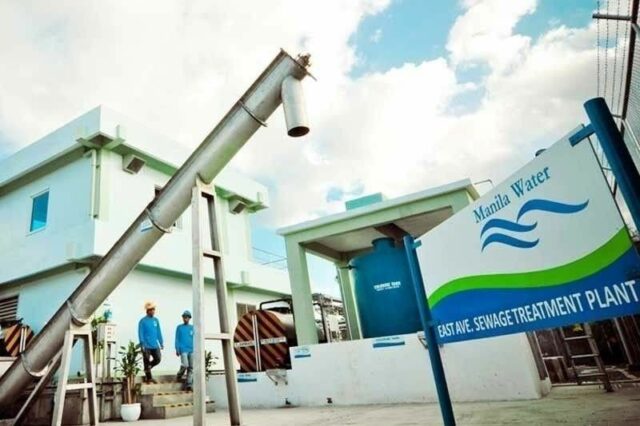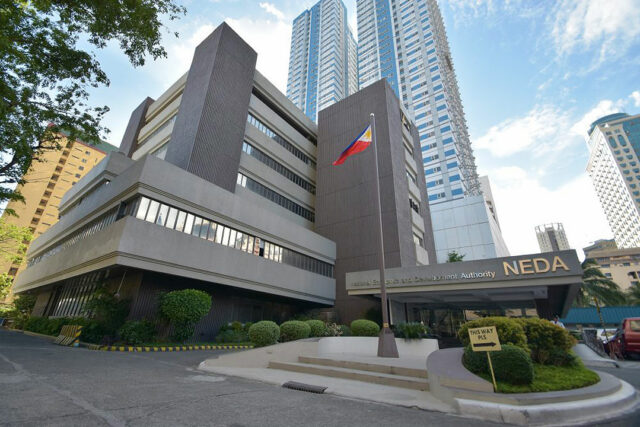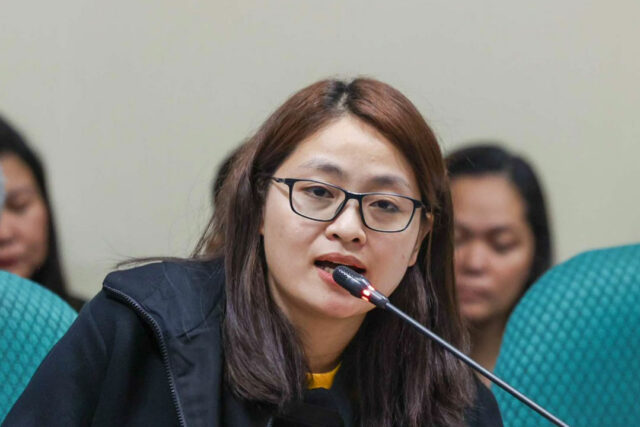By Justine Irish D. Tabile, Reporter
BUSINESSES in four major destinations are complaining that unreliable power is costing them up to hundreds of thousands of pesos a day, according to ILAW, a non-government organization representing energy consumers.
Citing results of focus group discussions conducted by the group with business owners from the Island Garden City of Samal, Siargao, Cebu, and Puerto Galera, ILAW said electric cooperatives serving tourism hubs have caused them to incur losses or even forced their closure.
ILAW noted significant regional variations in power reliability, infrastructure, and common challenges faced by businesses in the four destinations.
In Samal, an island in the Davao Gulf just off the coast of Davao City, “the range of losses starts from P10,000 to as high as P100,000 a day from brownouts or blackouts. These losses are substantial, especially for resorts and hotels,” Agnes C. Garcia, national convenor of ILAW, said.
Ms. Garcia said that micro, small and medium enterprises (MSMEs) on Samal pay an average electricity bill of P18,000 a month.
“This becomes an even more pressing issue with the anticipated demand for electricity from the upcoming Davao-Samal Bridge Project. People are excited about this because it’s going to cut the transportation to Samal from Davao from 30 minutes to 5 minutes,” she said.
“Of course, what this also means is that with more people coming into Samal, the demand for electricity will also increase, which currently is already insufficient,” she added.
In Siargao, the average electricity bill of MSMEs is P55,000, she said, with daily losses due to power outages estimated at P42,000.
“If you compare the electricity cost to the average losses, there is only P13,000 or less of revenue left. So, what we can notice here is that the power crisis within Siargao has led to systemic vulnerabilities,” ILAW Youth Convenor Francine DG. Pradez said.
Resorts in Siargao are spending P60-70 per liter of fuel for their generators, while laundry businesses spend P3,500 per eight-hour shift on fuel.
In Cebu, the average monthly electricity bill for large businesses was P1.17 million; for MSMEs it was P160,000.
Losses for large businesses in Cebu averaged P216,000 a day during outages, while the equivalent amount for MSMEs was P82,000 a day.
“Long-term concerns include the need for modernization of energy infrastructure,” Ms. Garcia said.
“They have actually projected that in the next couple of years, as Cebu continues to grow and become even more urbanized and information technology-driven, they are going to need more energy, as the current energy that is being set aside for them is just not going to be enough,” she added.
In Puerto Galera, the average electricity cost for MSMEs was P22,000 a month, with average losses during outages estimated at P30,000 a day.
“Puerto Galera reported high electricity costs per month for tourism businesses, especially for the accommodation sector,” ILAW said.
“The dependence on Mindoro’s external power sources has led to frequent power interruptions, requiring businesses to invest in backup power systems,” it added.
Puerto Galera’s tourism establishments often have to issue refunds and slash prices to maintain occupancy, impacting their profitability.
“Power outages significantly damage the reputations of these destinations, with negative reviews and cancellations directly linked to electricity problems,” ILAW said.
“This reputational damage has led to declining competitiveness compared to other Southeast Asian destinations where power infrastructure is more reliable,” it added.












